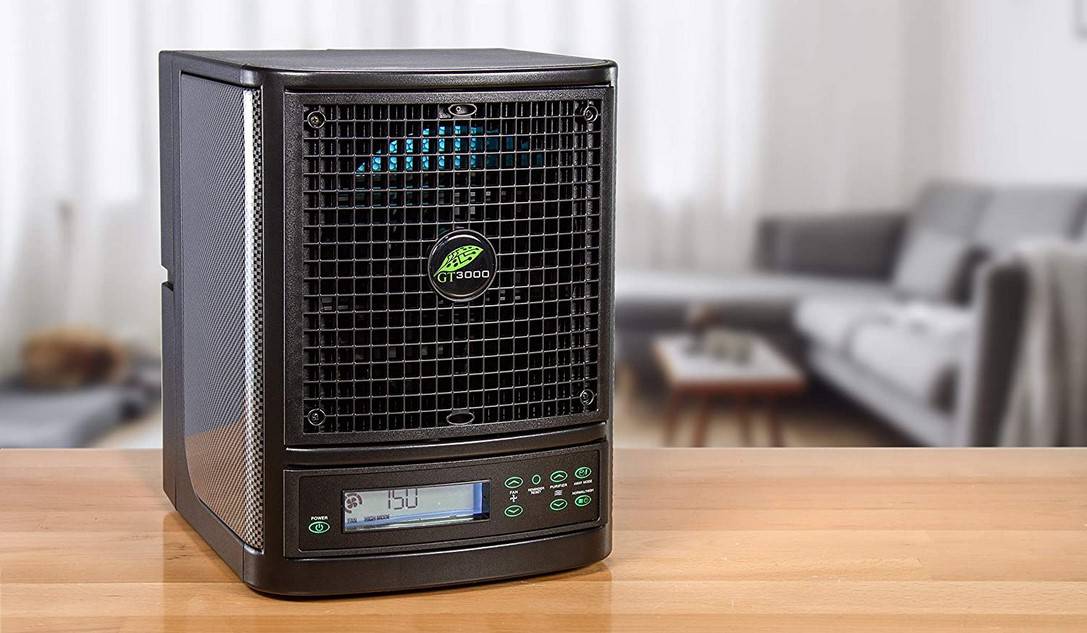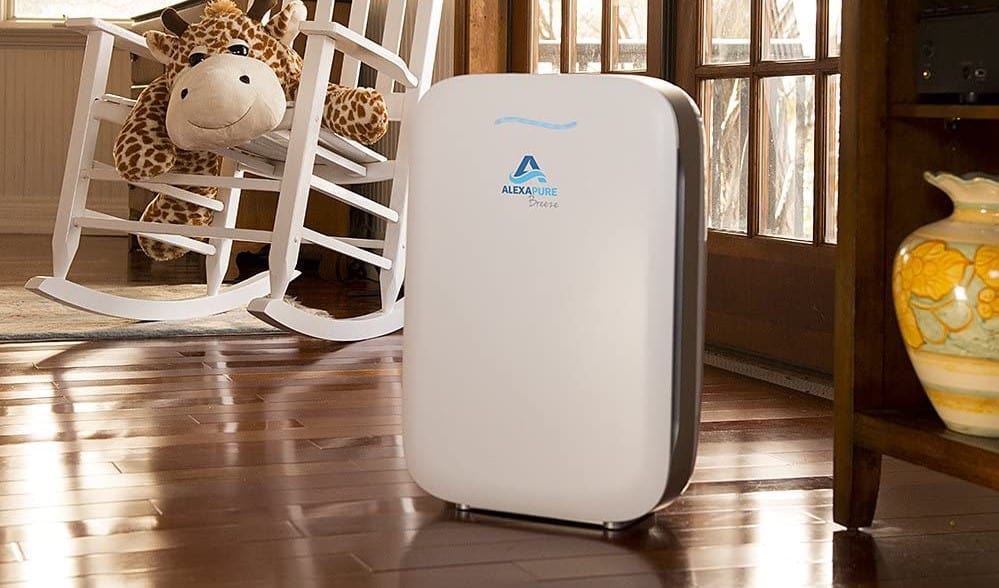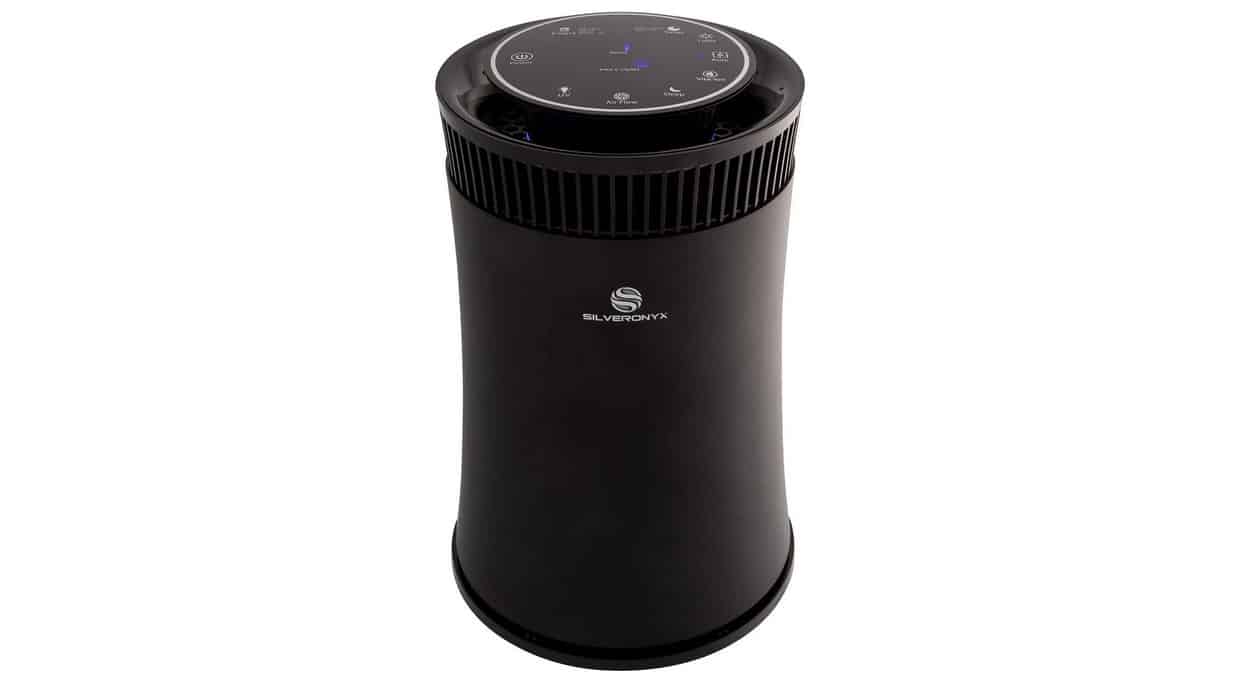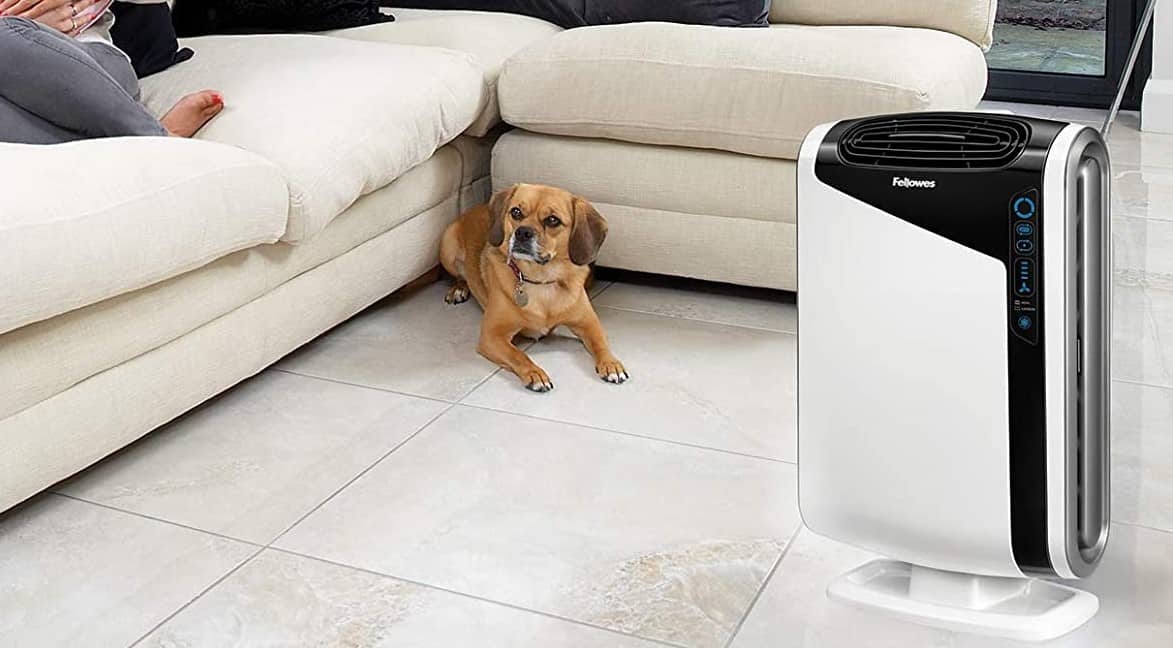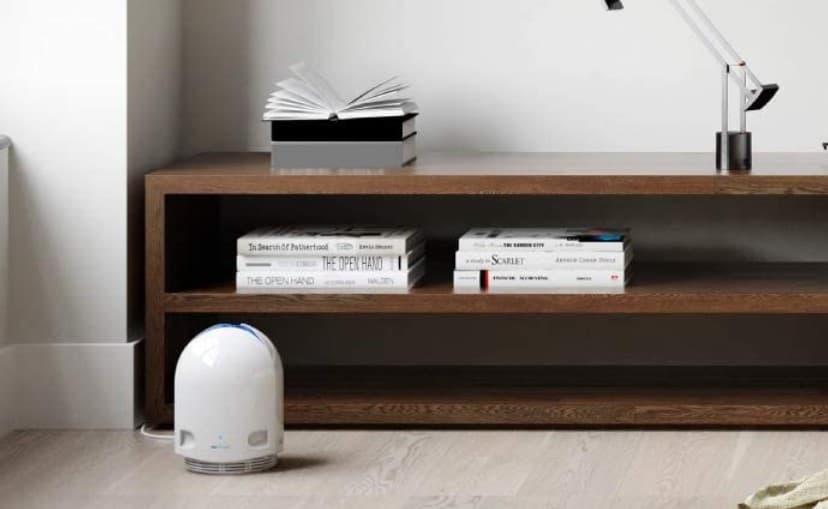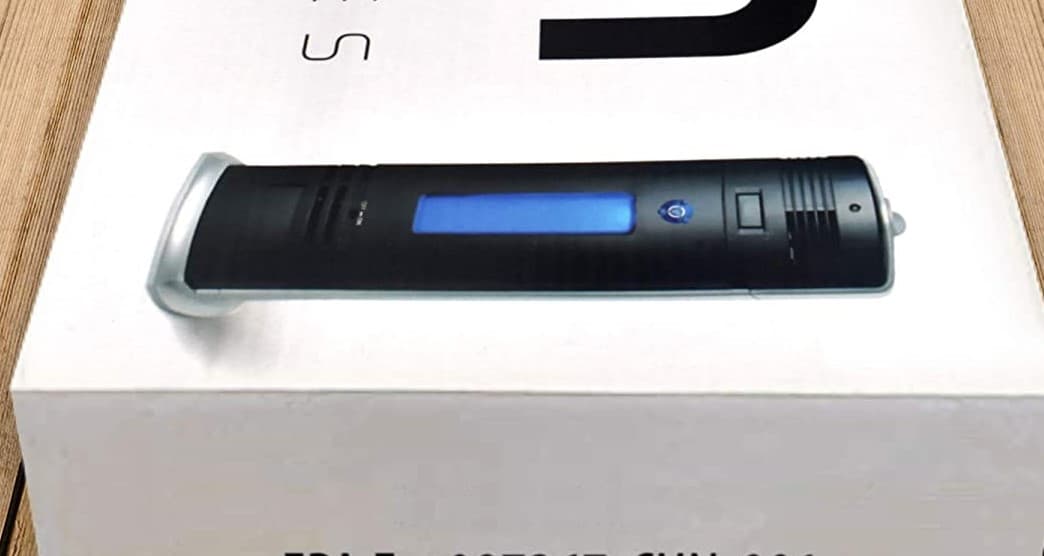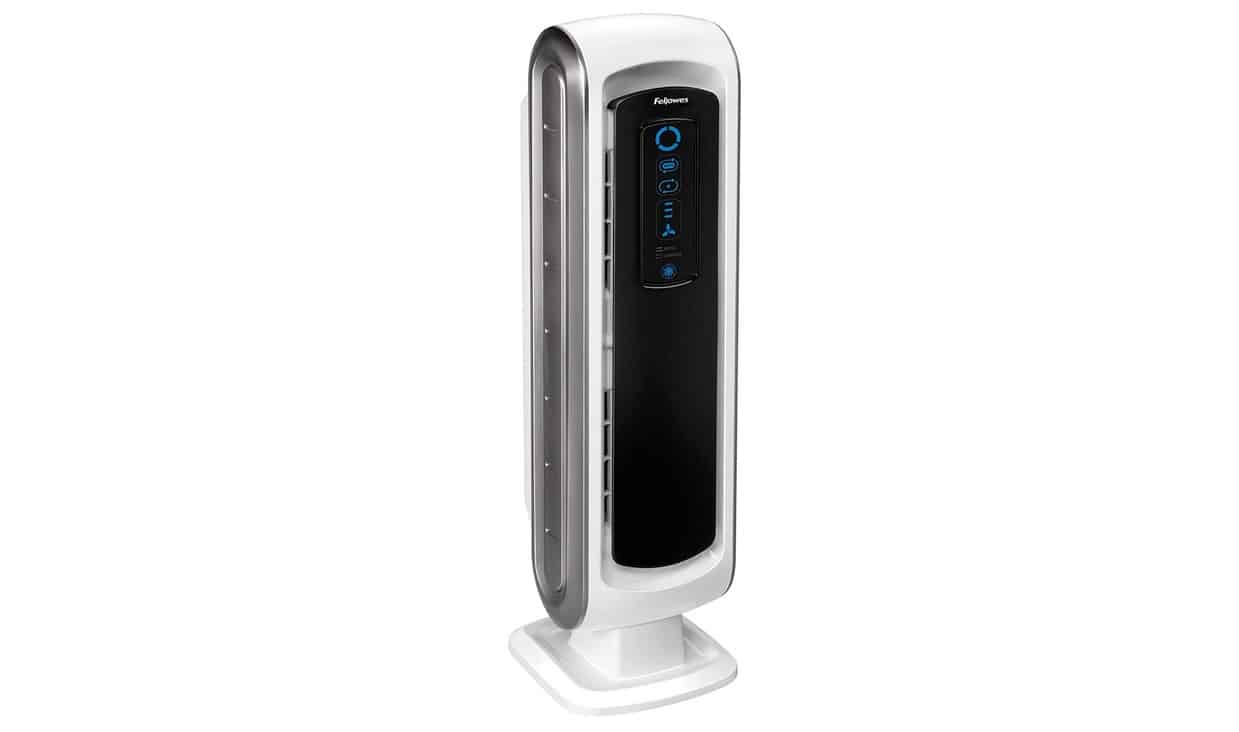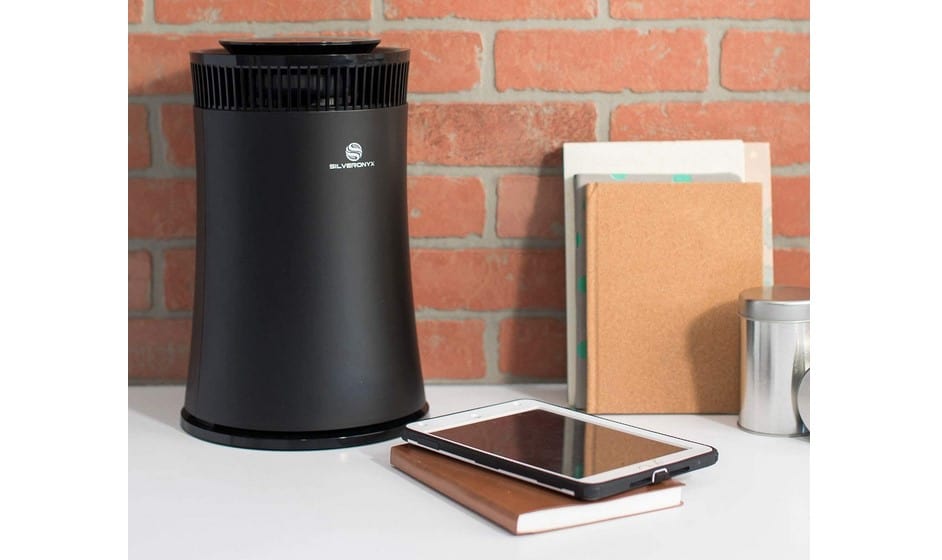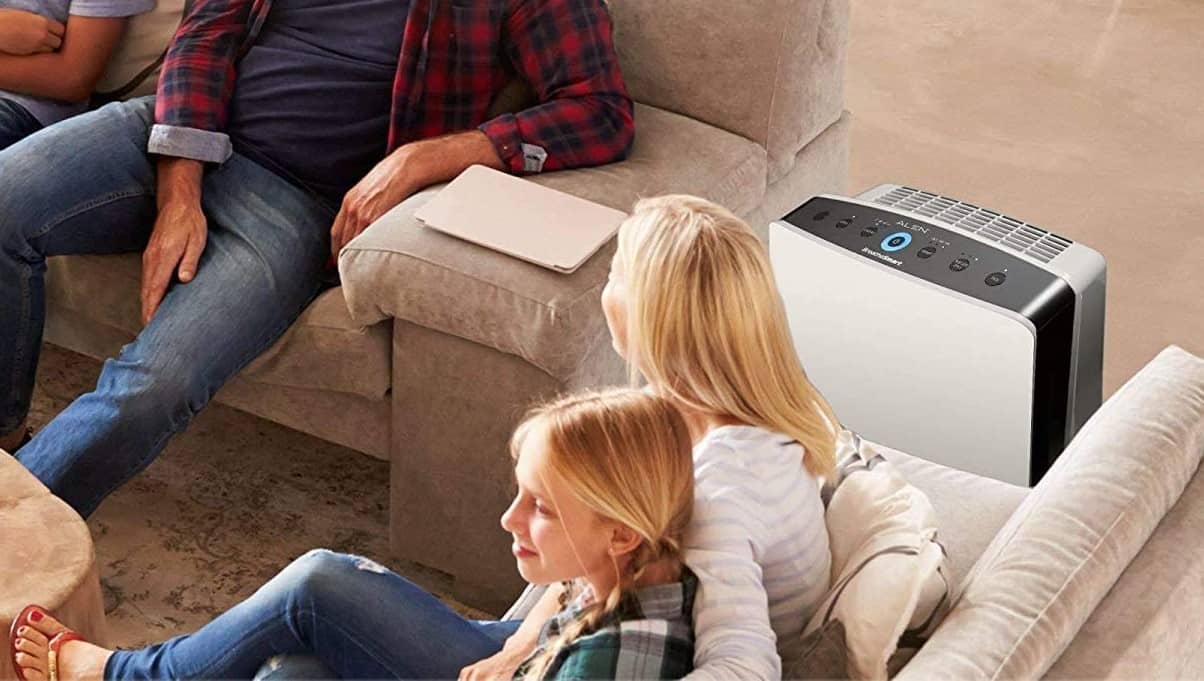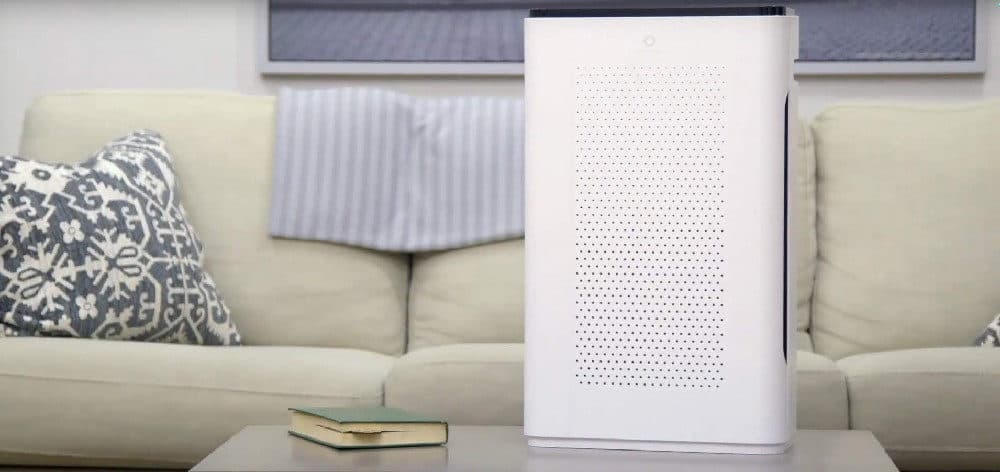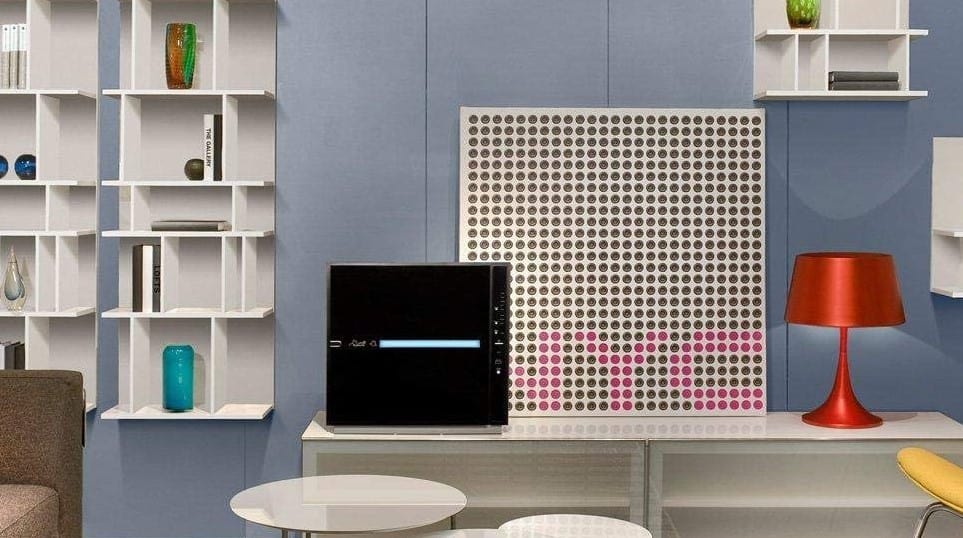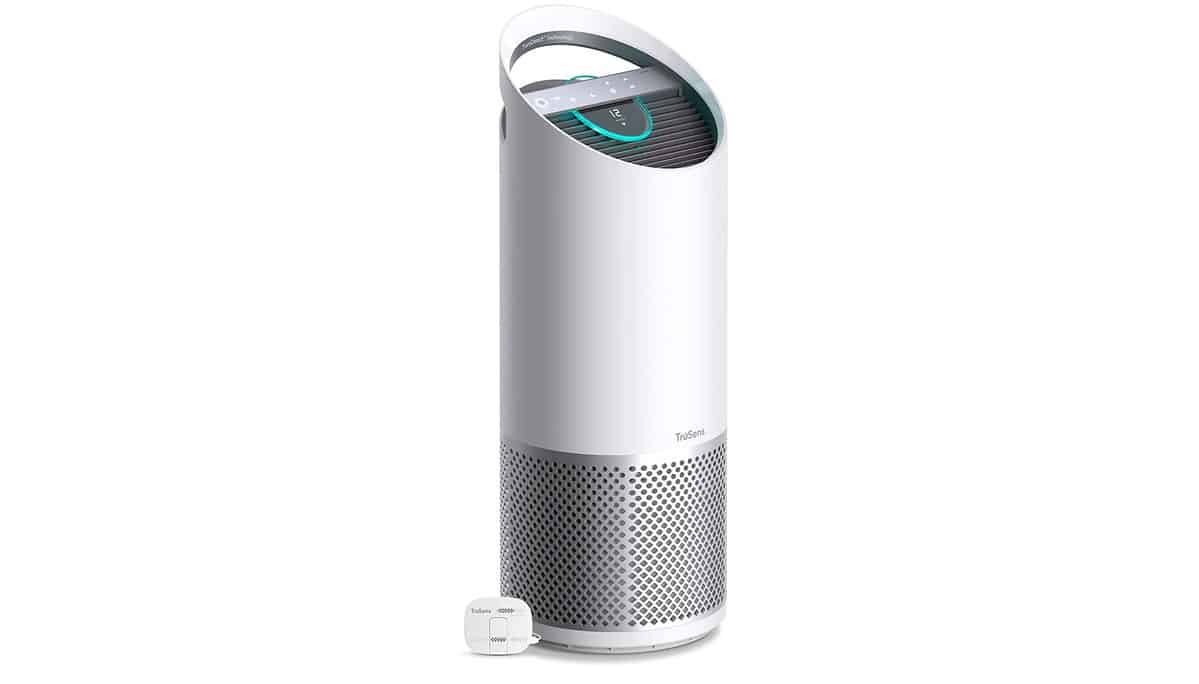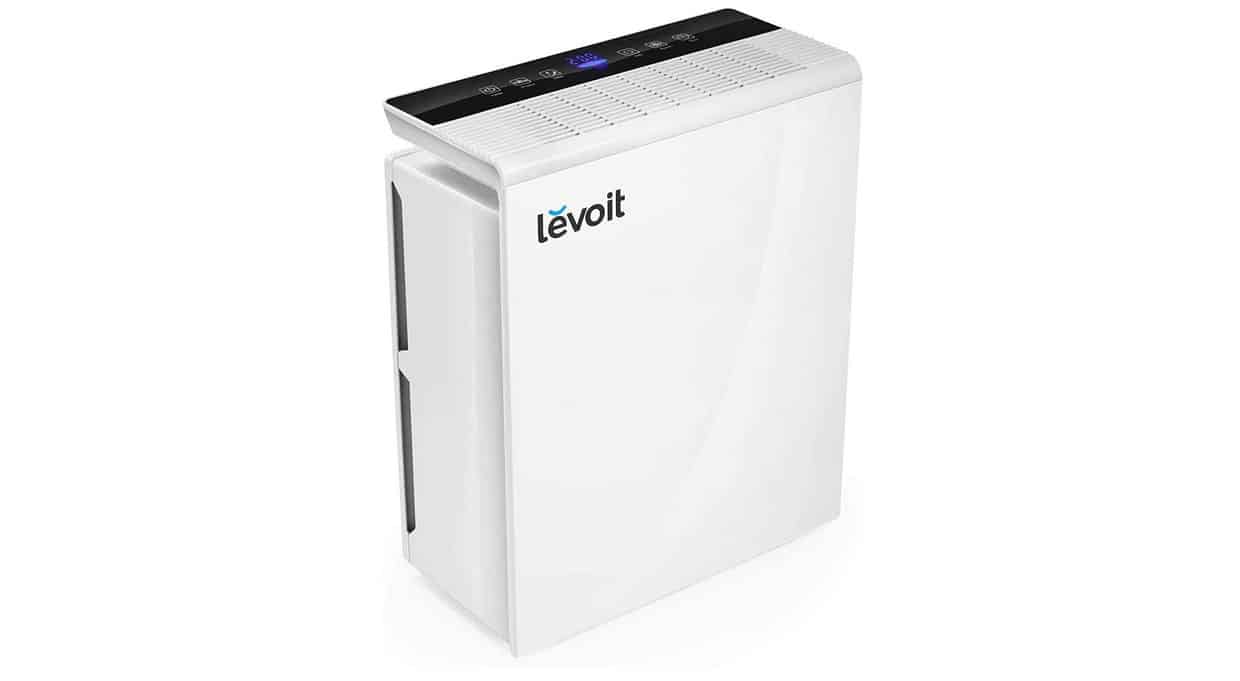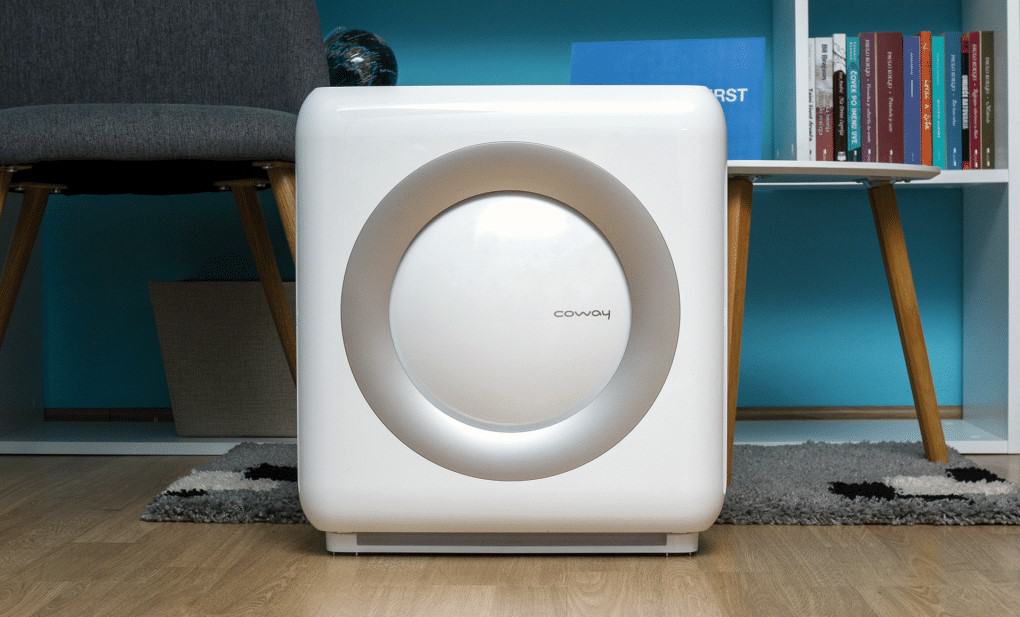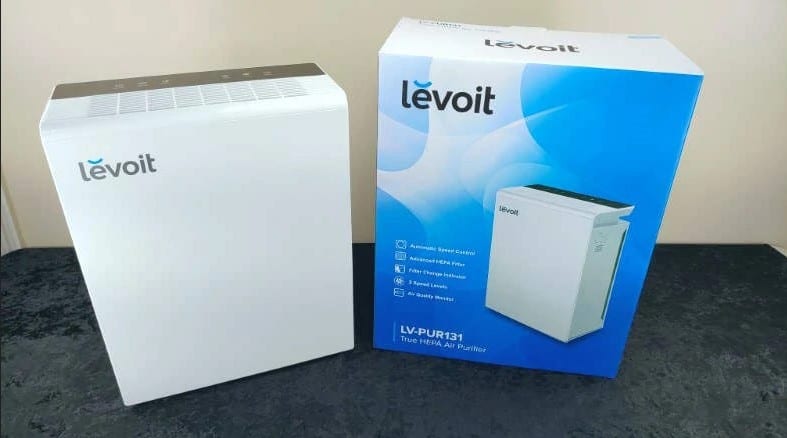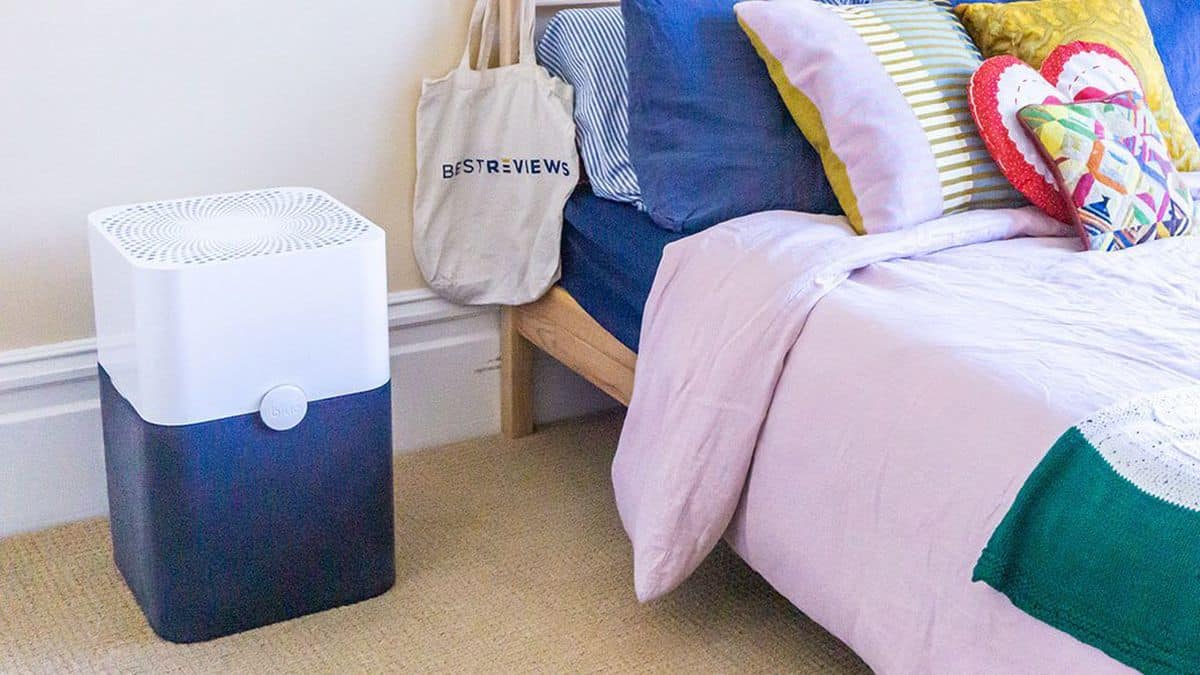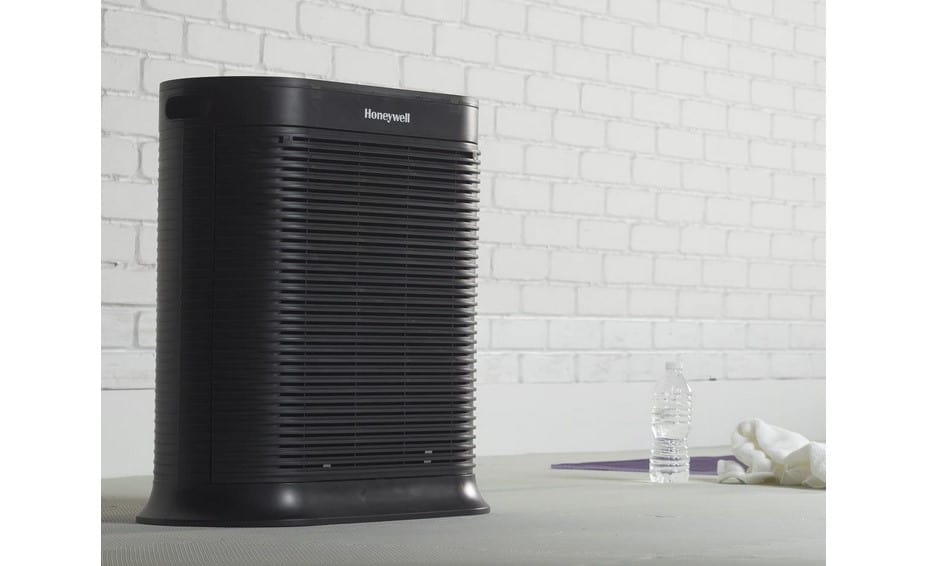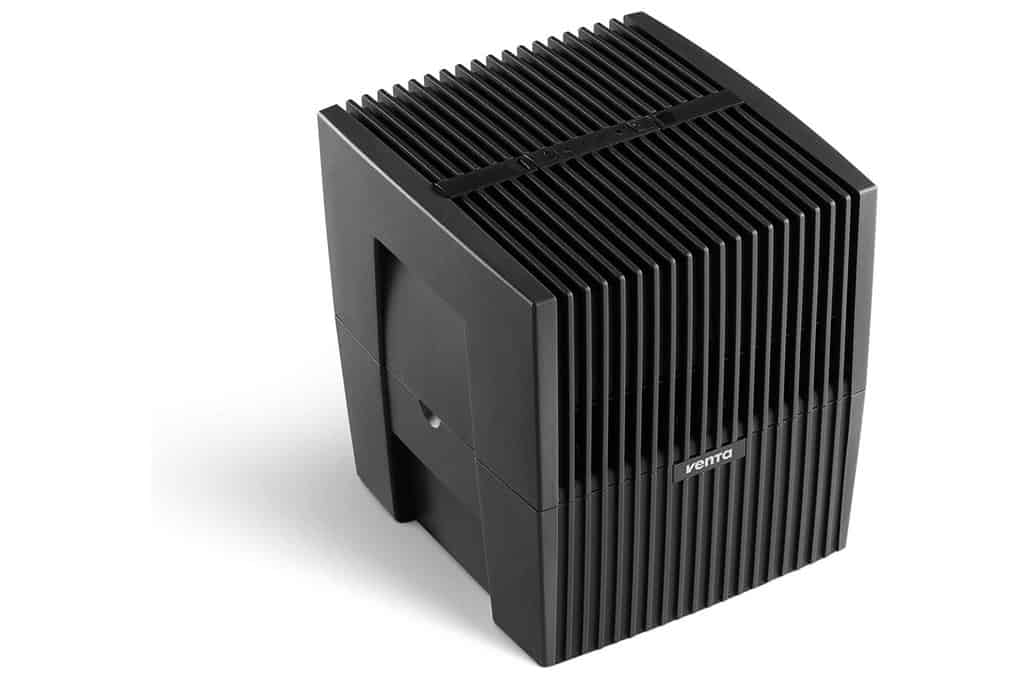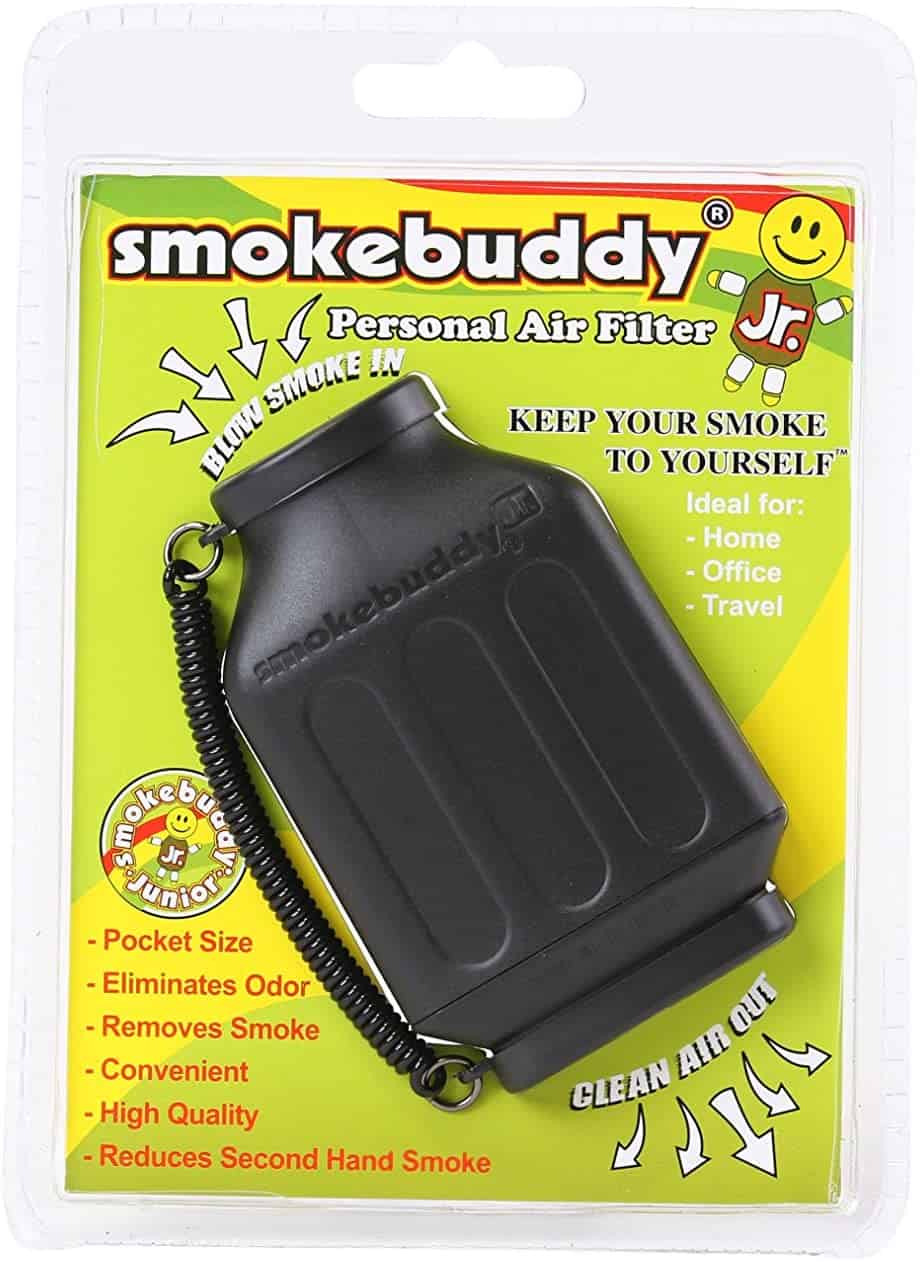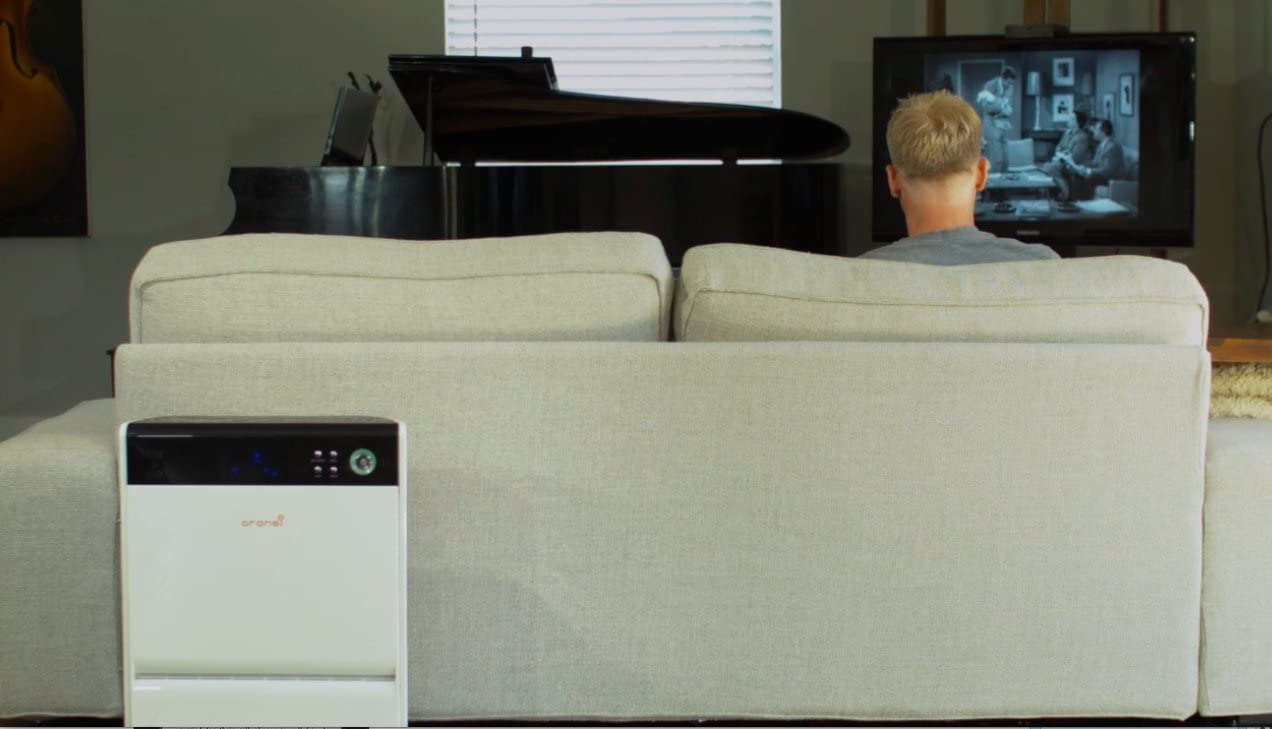When choosing the best air purifier vs. dehumidifier, there are things to consider. They may seem like the same thing, but they are not. You may benefit from one more than the other, so do your research.
Both an air purifier and a dehumidifier can help minimize the allergens in your space, making them excellent solutions for those with allergies and asthma. An air purifier filters air, to remove dust, pet dander, pollen, smoke, particles, and other allergens. A dehumidifier, however, can remove moisture in the air, which in turn may eliminate mold spores or the environment in which they grow. Take a look at our comparison of air purifiers vs humidifiers if you’ve also been considering a humidifier for your home.
Function
Air purifiers work by sucking air into the machine and moving it through a filter. This filter removes particles like dust, smoke, pollen, pet hair, mold spores, and other contaminants. It can prevent mold growth, but it cannot prevent excess moisture in the home.
While an air purifier can keep the air clean, it cannot prevent these mold conditions from returning.
A dehumidifier reduces the amount of humidity in your home when there is too much moisture causing bacteria like mold and mildew to grow. It won’t clean your air, but it will maintain a clean environment that does not foster the growth of things like mold, mildew, or dust mites.
If you have indoor air quality issues or a musty smell, you may benefit from both devices.
Types
Types of air purifiers include a HEPA filter, ionizing, ozone generators, adsorbents, and UV light purifiers. HEPA filters are 99.97% effective against relative humidity, but there’s something to be said for an air purifier that doesn’t require the maintenance of a filter.
Types of dehumidifiers include warm mist, cool mist, mechanical, air conditioners, electronic, ionic membrane, and makeshift. They all work differently to help remove water from the air and reduce the humidity.
Health Hazards
While there are always inherent risks with anything you use, ionic air purifiers and dehumidifiers can generate low amounts of ozone. While it’s dangerous in large amounts, it’s still important to know those dangers could be present.
In the event you have excess humidity, these types of machines can also produce nitrogen oxide in small amounts.
Maintenance
Maintaining your air purifier means replacing the filter every six months. If your system has plates, they need to be cleaned once a week by removing them and placing them in the dishwasher.
Your dehumidifier needs its buckets and coils cleaned every few months as well. When cleaning them, you can check for frost. This maintenance improves efficiency and is much different than operating an air revitalizer.
Application
An air purifier benefits people with asthma or allergies by removing the irritants from the air. It can remove things that typically cause breathing problems and other symptoms like smoke, dust, pet dander, mold spores, and much more.
Dehumidifiers can also benefit allergy sufferers in situations where the humidity in the air is too high—excess humidity fosters the growth of mold, mildew, and dust mites. By keeping your humidity at appropriate levels, you can eliminate these problems.
You may try either machine alone or use them together to improve your overall air quality.
Related Articles:















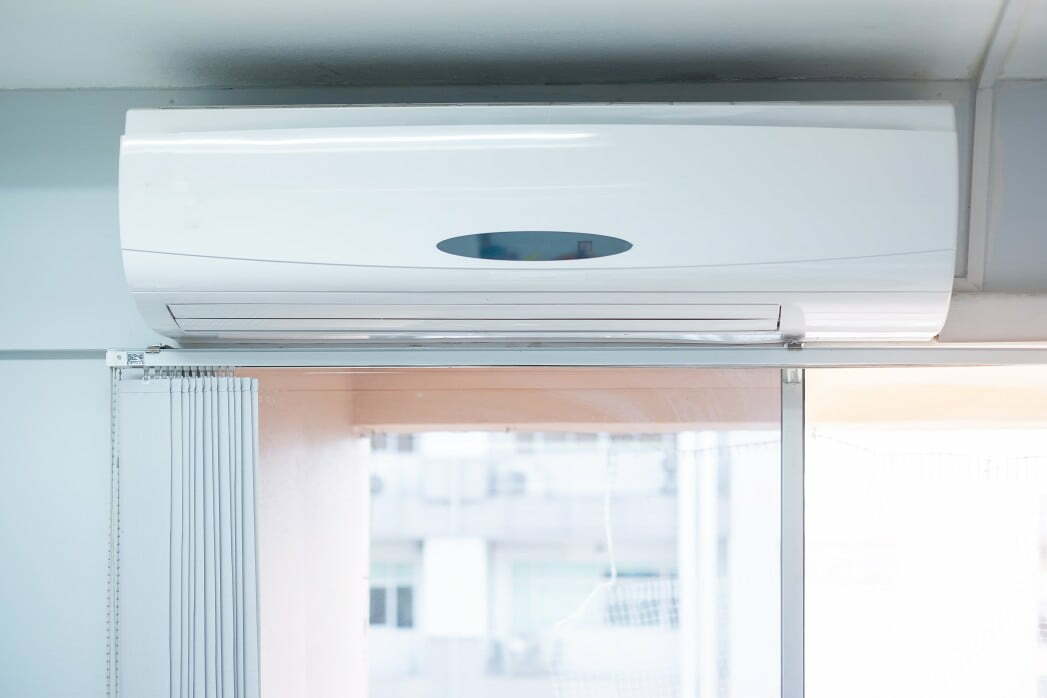

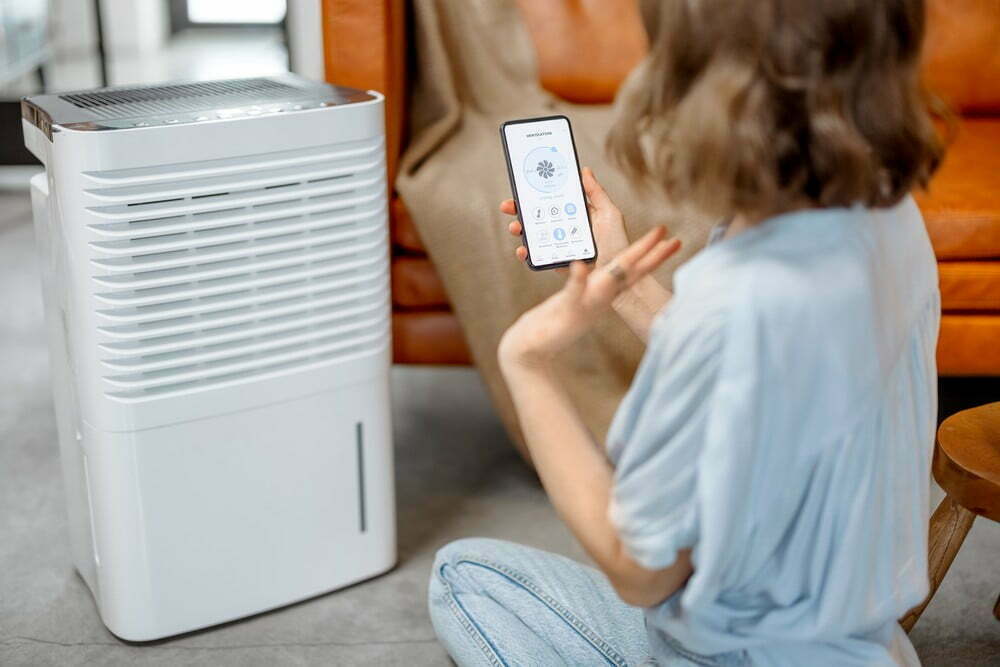
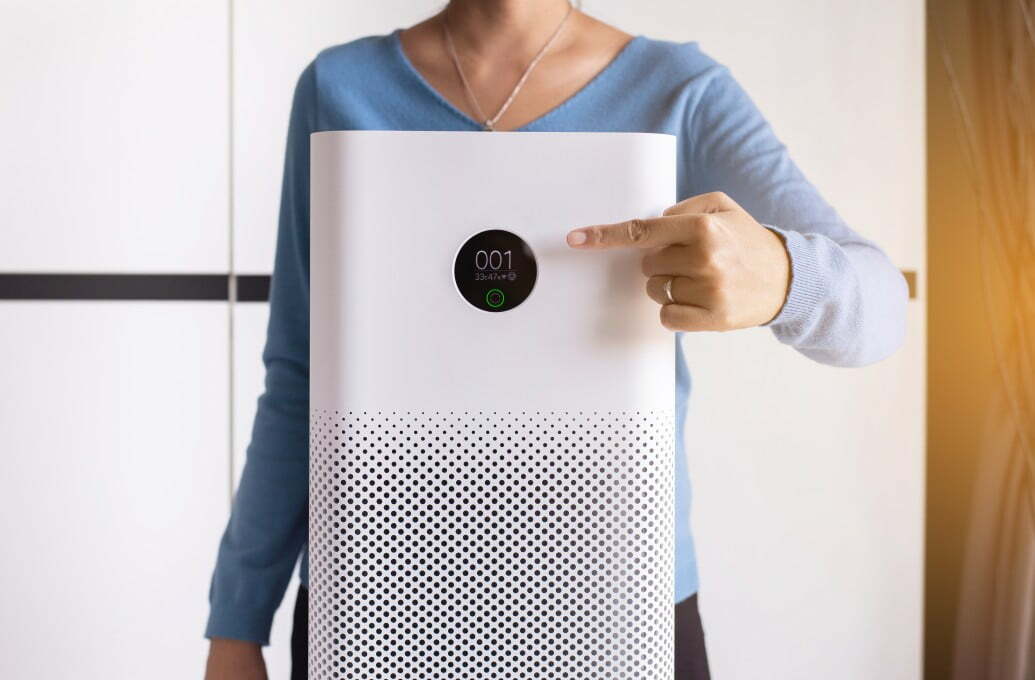
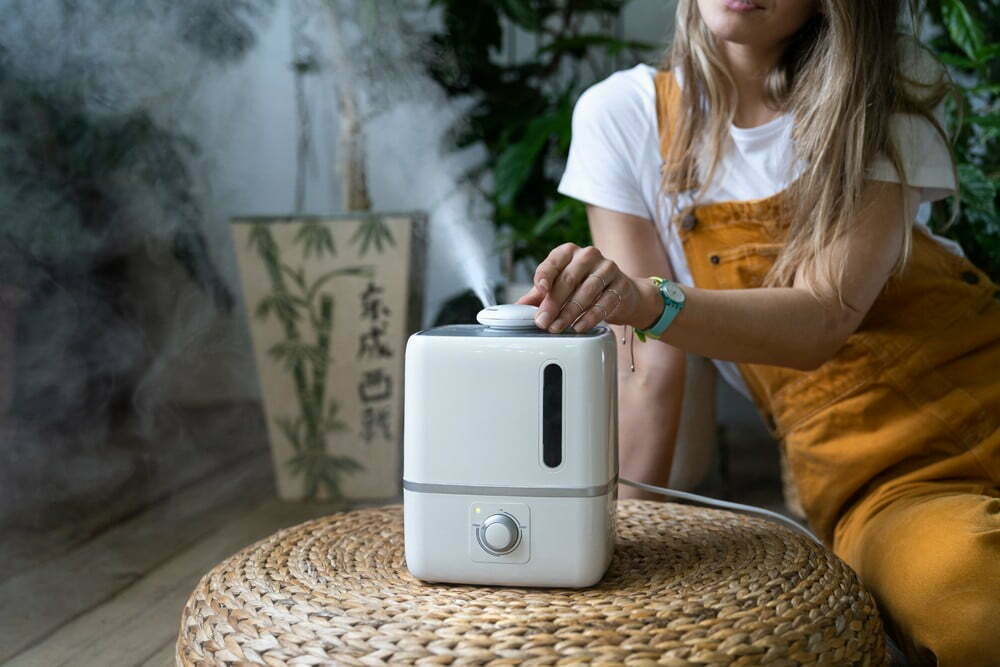
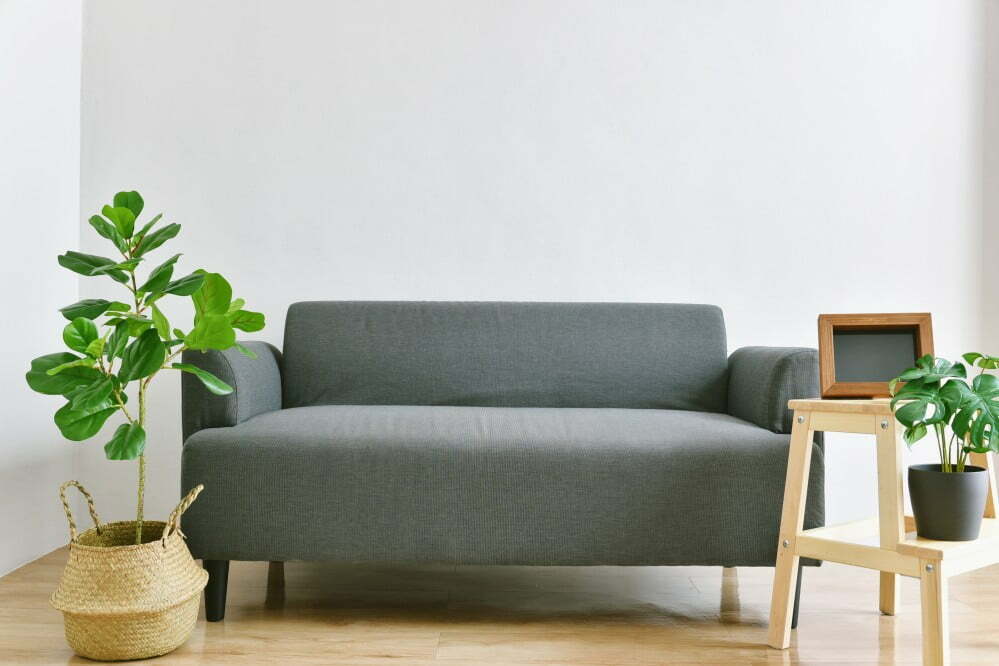

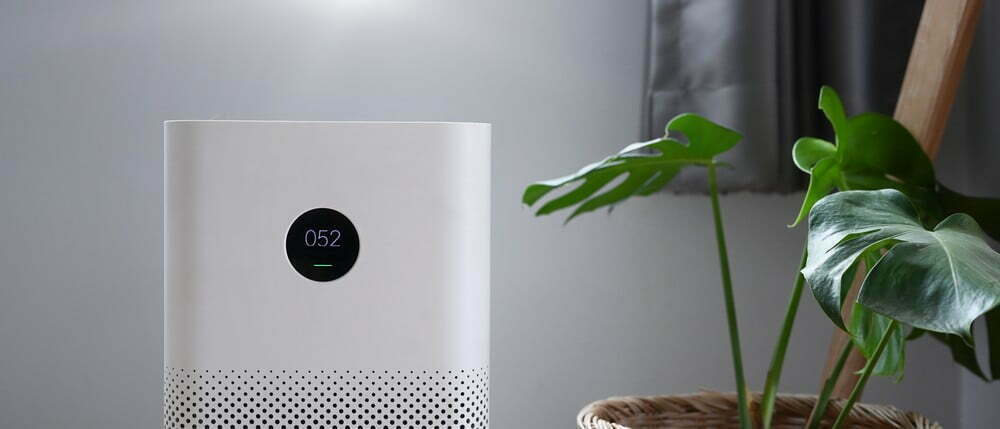
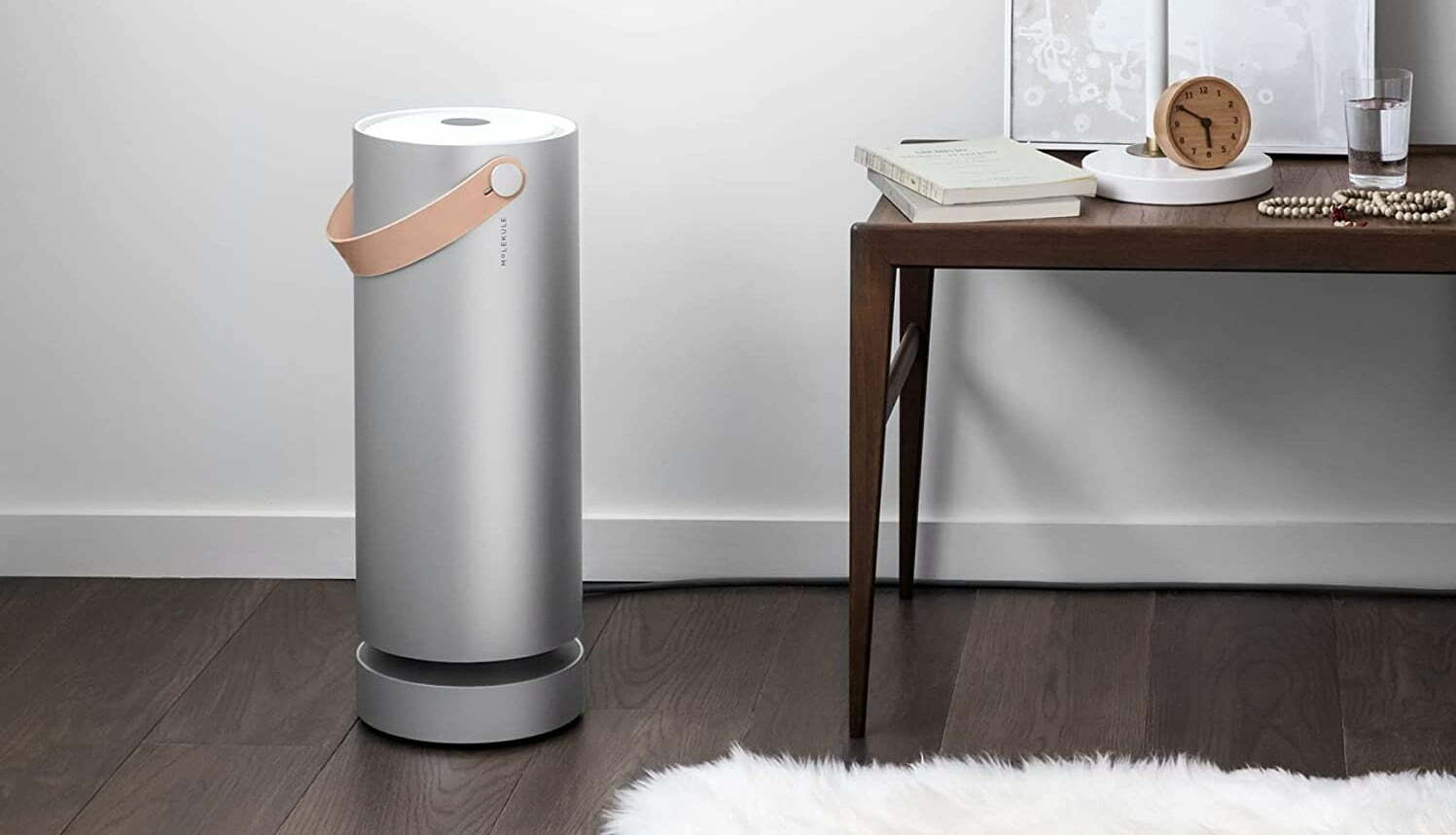
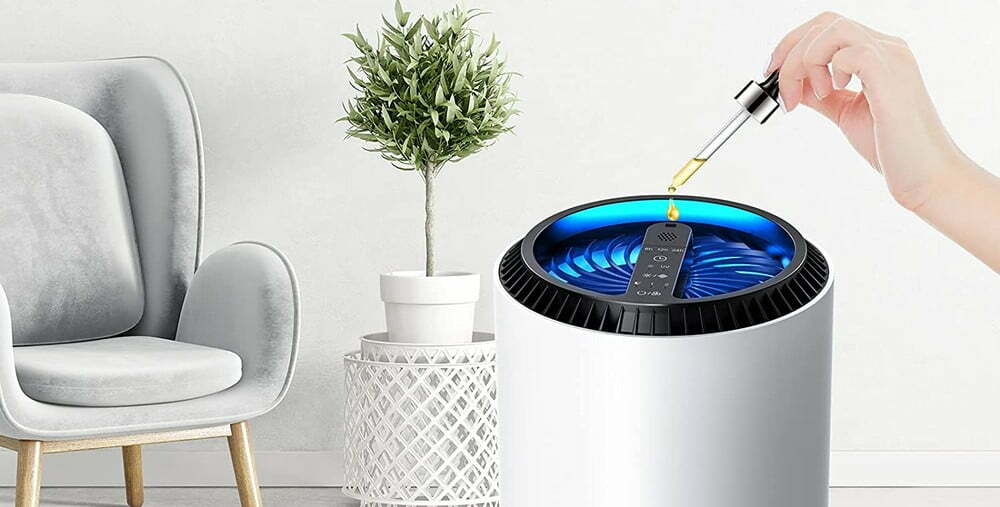
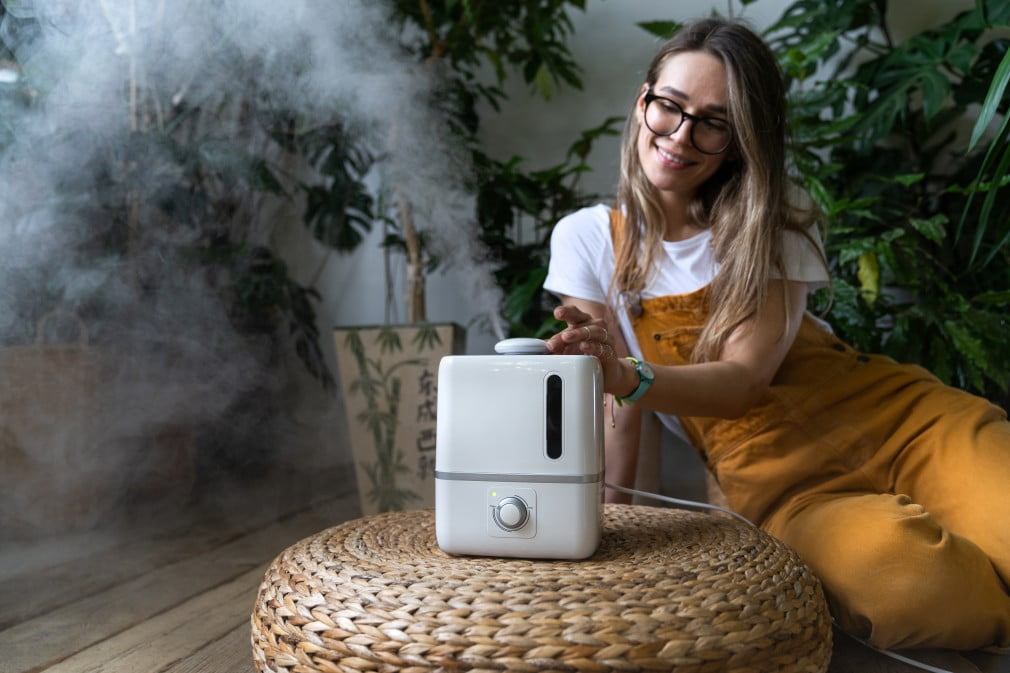
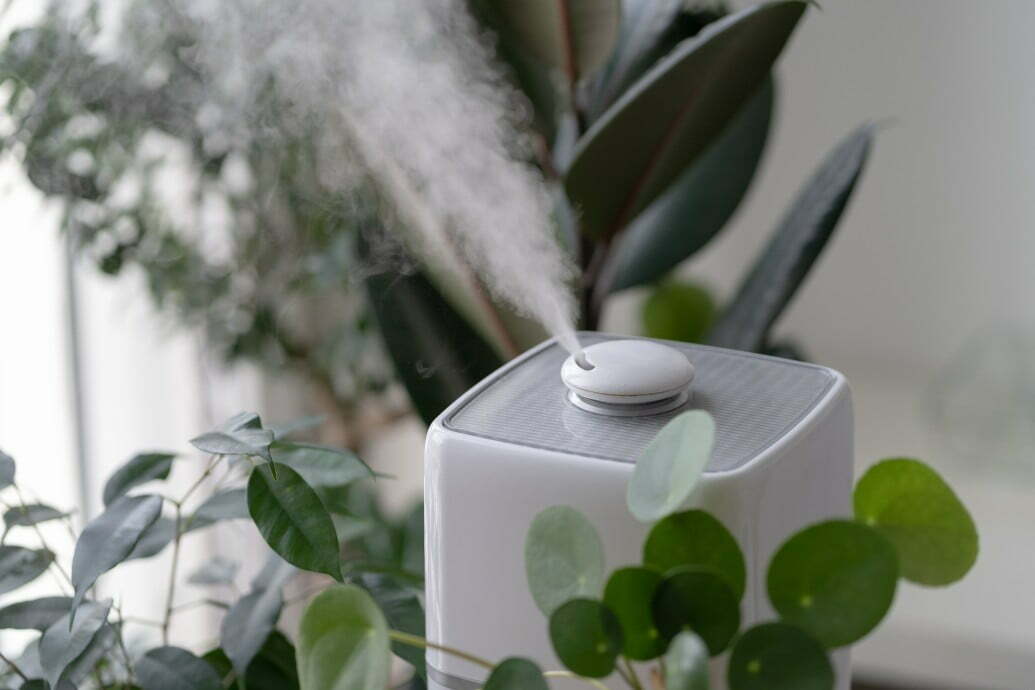
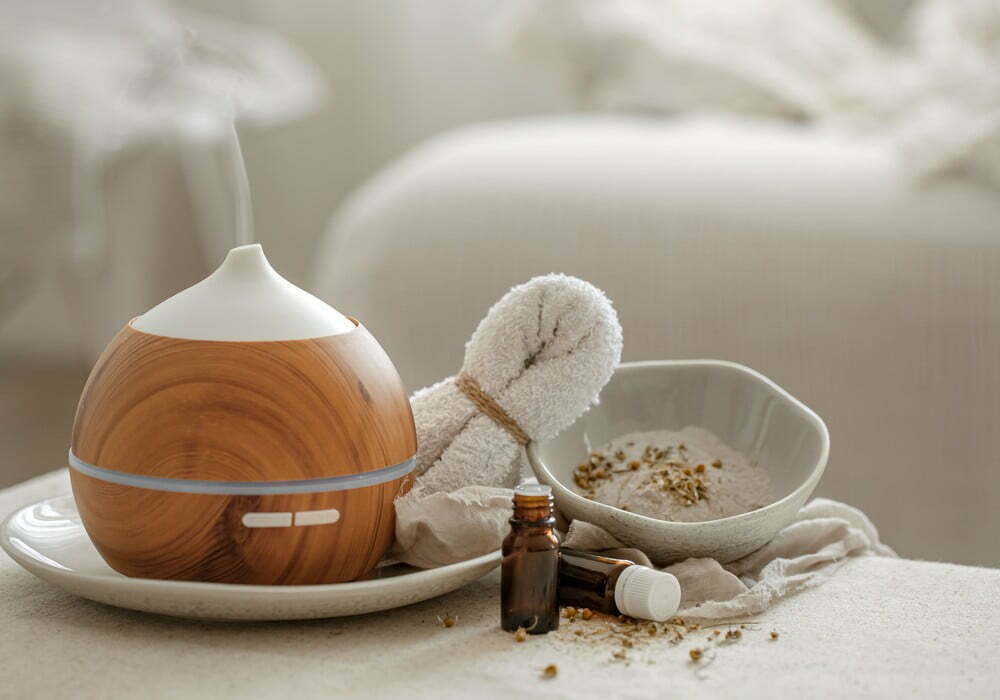
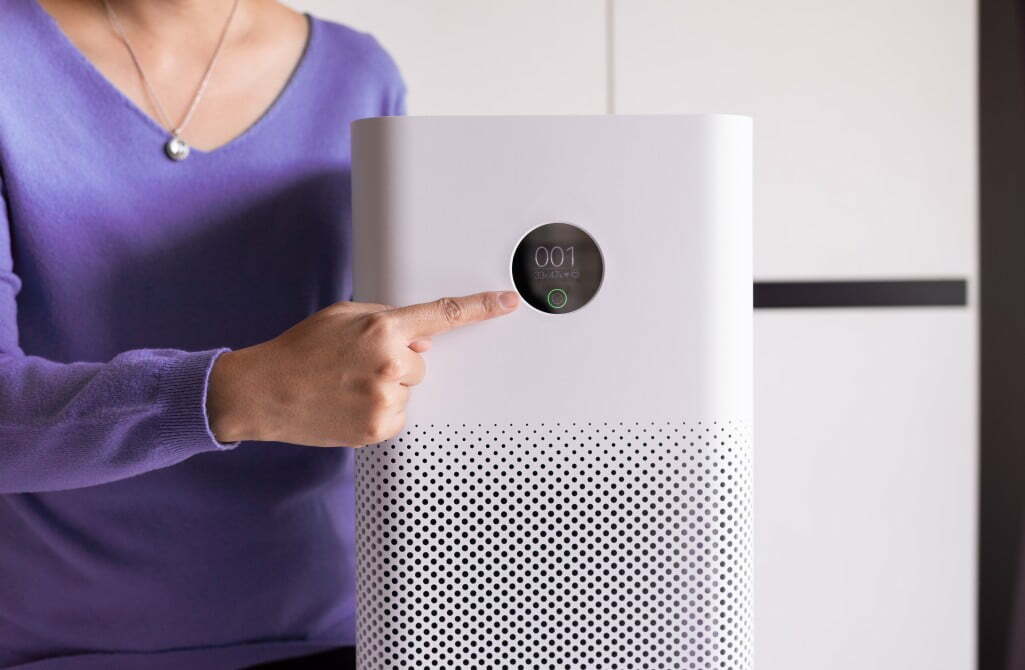
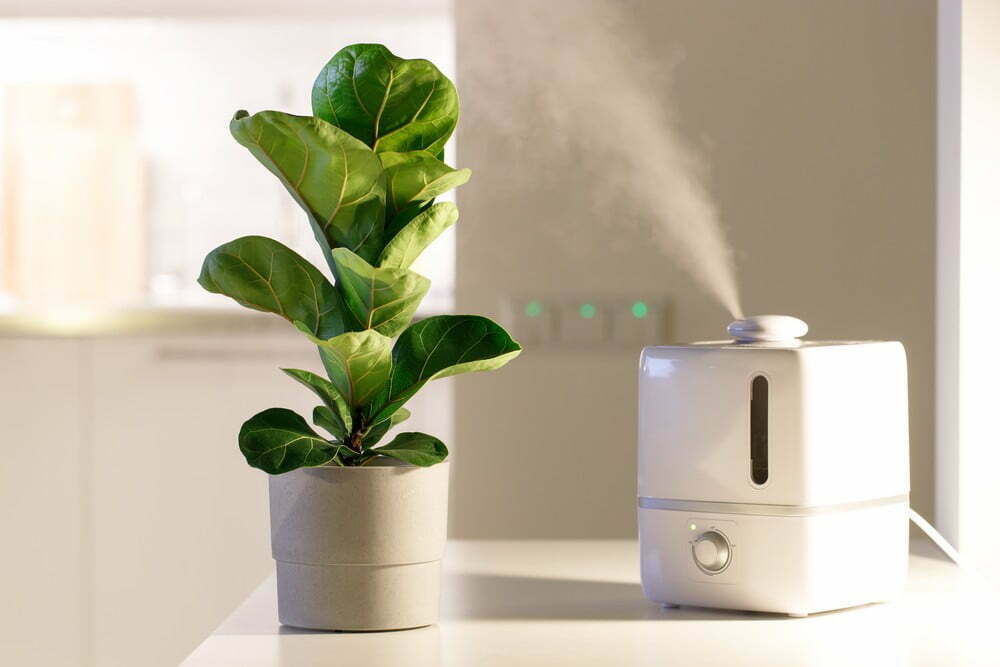
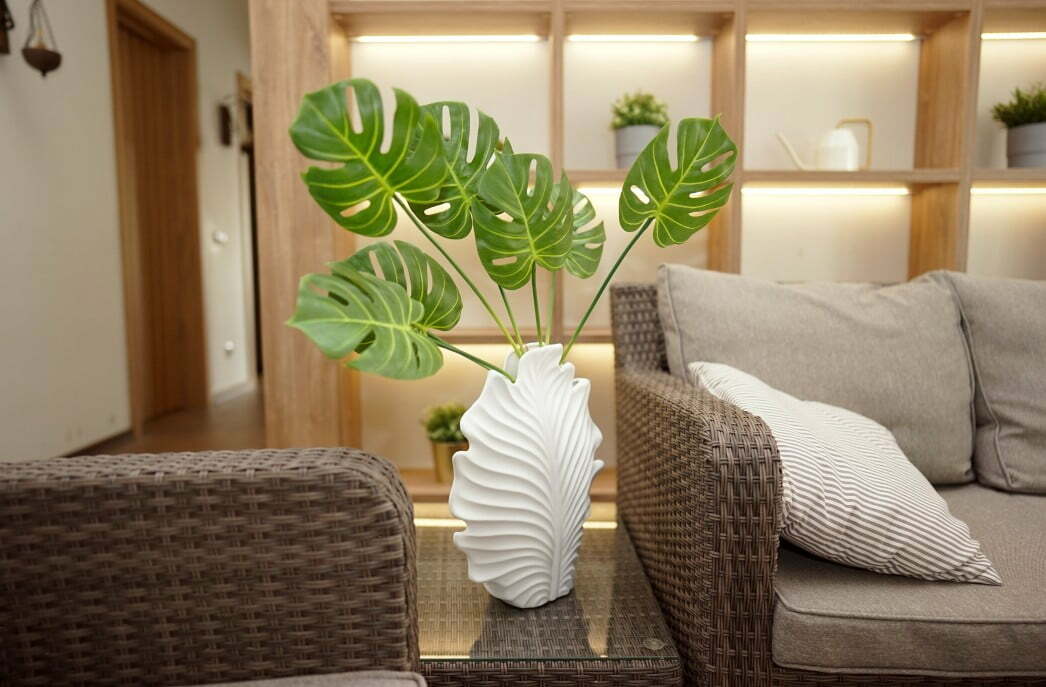
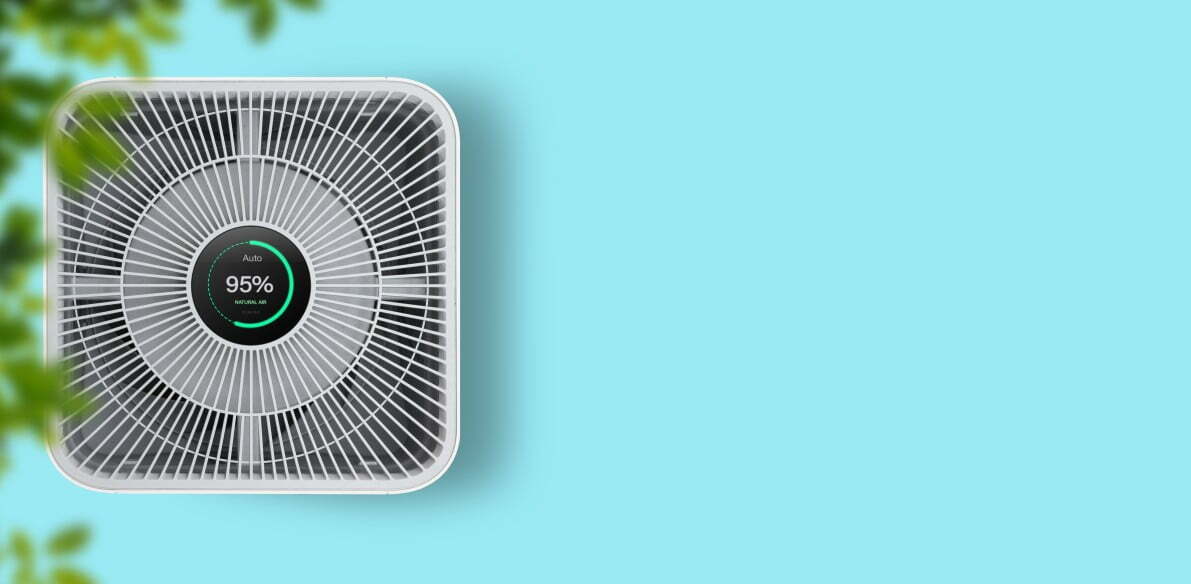
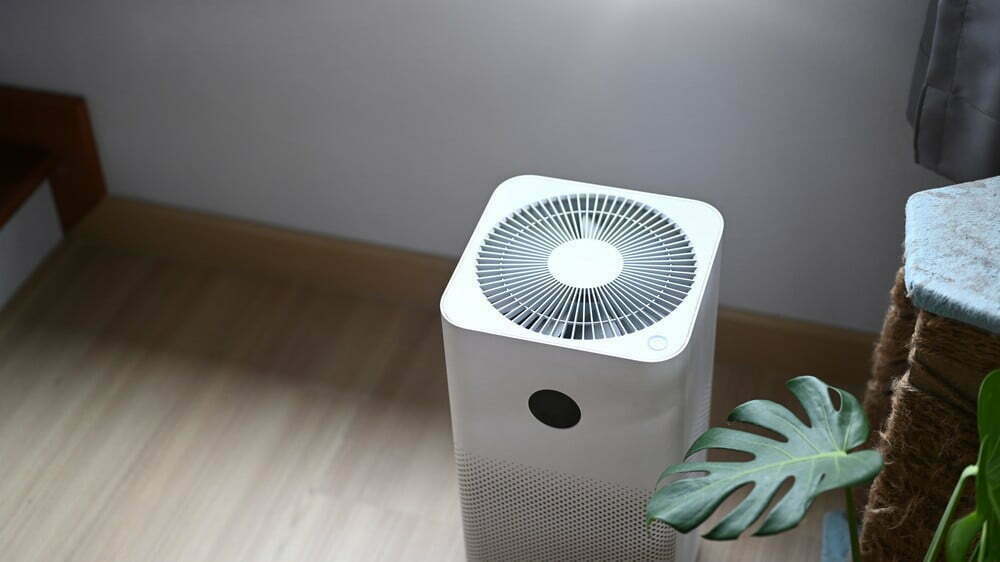
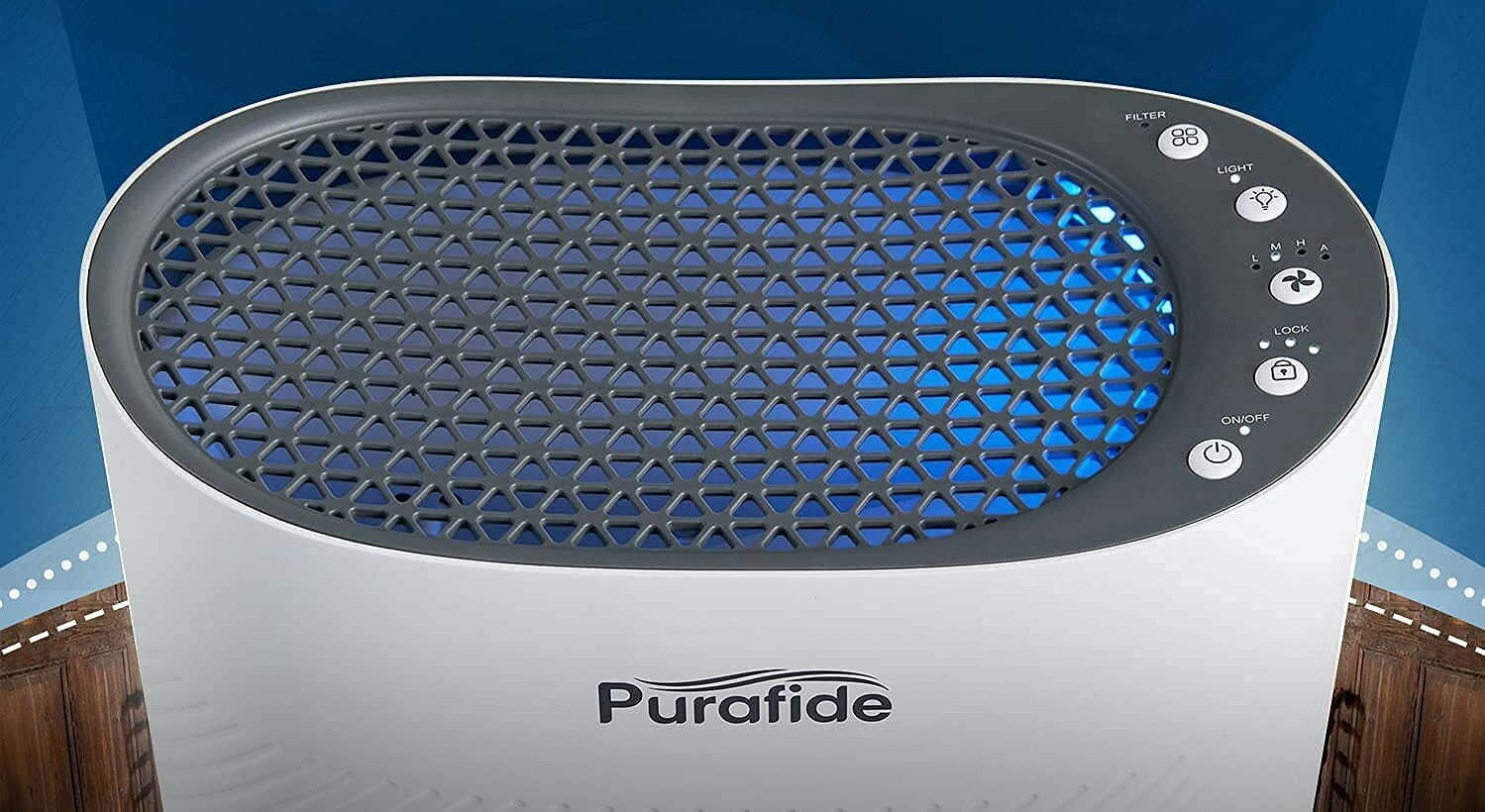
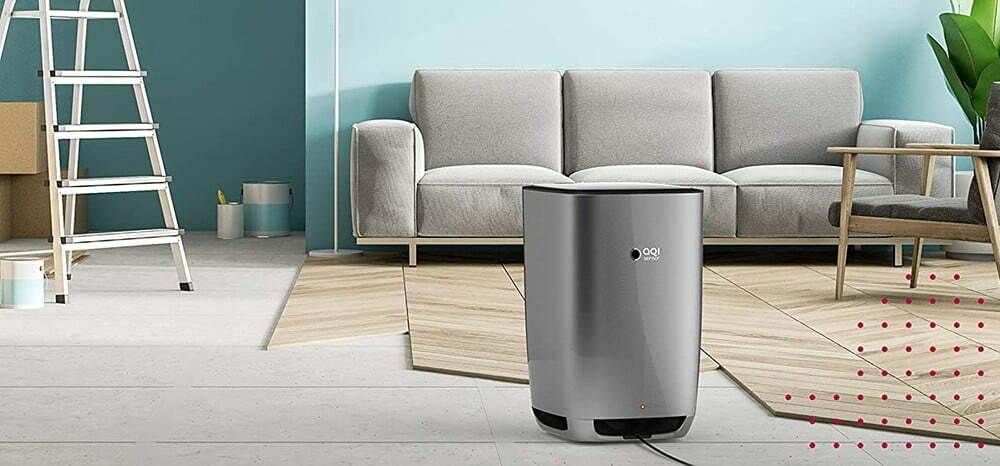
![Best Air Purifiers for VOCs and Formaldehyde in [year] 27 Best Air Purifiers for VOCs and Formaldehyde in 2026](https://www.gadgetreview.dev/wp-content/uploads/best-air-purifier-for-vocs-and-formaldehyde-image.jpg)
![Best Air Purifier in [year] ([month] Reviews) 28 Best Air Purifier in 2026 (January Reviews)](https://www.gadgetreview.dev/wp-content/uploads/Honeywell-True-HEPA-Allergen-Remover-HPA300-e1475603569442.jpg)
![Best Air Purifiers for Dust in [year] 29 Best Air Purifiers for Dust in 2026](https://www.gadgetreview.dev/wp-content/uploads/best-air-purifier-for-dust-image.jpg)
![Best Honeywell Air Purifiers in [year] 30 Best Honeywell Air Purifiers in 2026](https://www.gadgetreview.dev/wp-content/uploads/best-honeywell-air-purifier-image.jpg)
![Best Germicidal Air Purifiers in [year] 31 Best Germicidal Air Purifiers in 2026](https://www.gadgetreview.dev/wp-content/uploads/best-germicidal-air-purifier-image.jpg)
![Best Filterless Air Purifiers in [year] 32 Best Filterless Air Purifiers in 2026](https://www.gadgetreview.dev/wp-content/uploads/best-filterless-air-purifier-image.jpg)
![Best Levoit Air Purifiers in [year] 33 Best Levoit Air Purifiers in 2026](https://www.gadgetreview.dev/wp-content/uploads/best-levoit-air-purifier-image.jpg)
![Best Air Purifiers for Smoking Weed in [year] 34 Best Air Purifiers for Smoking Weed in 2026](https://www.gadgetreview.dev/wp-content/uploads/best-air-purifier-for-smoking-weed-image.jpg)
![Best Quiet Air Purifiers in [year] 35 Best Quiet Air Purifiers in 2026](https://www.gadgetreview.dev/wp-content/uploads/best-quiet-air-purifier-image.jpg)
![Best Desktop Air Purifiers in [year] 36 Best Desktop Air Purifiers in 2026](https://www.gadgetreview.dev/wp-content/uploads/best-desktop-air-purifier.jpg)
![Best Dyson Air Purifiers in [year] 37 Best Dyson Air Purifiers in 2026](https://www.gadgetreview.dev/wp-content/uploads/best-dyson-air-purifier.jpg)
![Best Air Purifiers for Dorm Room in [year] 38 Best Air Purifiers for Dorm Room in 2026](https://www.gadgetreview.dev/wp-content/uploads/air-purifier-for-dorm-room-1.jpg)
![Best Air Purifiers for Office in [year] 39 Best Air Purifiers for Office in 2026](https://www.gadgetreview.dev/wp-content/uploads/best-air-purifier-for-office.jpg)
![Best Air Purifiers for Basement in [year] 40 Best Air Purifiers for Basement in 2026](https://www.gadgetreview.dev/wp-content/uploads/best-air-purifier-for-basement.jpg)
![Best Air Purifiers For Odor in [year] 41 Best Air Purifiers For Odor in 2026](https://www.gadgetreview.dev/wp-content/uploads/best-air-purifier-odor.jpg)
![10 Best Personal Air Purifiers in [year] 42 10 Best Personal Air Purifiers in 2026](https://www.gadgetreview.dev/wp-content/uploads/best-personal-air-purifiers.jpg)
![10 Best Plug In Air Purifiers in [year] 43 10 Best Plug In Air Purifiers in 2026](https://www.gadgetreview.dev/wp-content/uploads/best-plug-in-air-purifier-image.jpg)
![10 Best Whole House Air Purifiers in [year] 44 10 Best Whole House Air Purifiers in 2026](https://www.gadgetreview.dev/wp-content/uploads/best-whole-house-air-purifier-image.jpg)
![10 Best Large Room Air Purifiers in [year] 45 10 Best Large Room Air Purifiers in 2026](https://www.gadgetreview.dev/wp-content/uploads/Coway-Airmega-200M-Large-Room-Air-Purifier-900x900-1.png)
![10 Best UV Air Purifiers in [year] 46 10 Best UV Air Purifiers in 2026](https://www.gadgetreview.dev/wp-content/uploads/best-uv-air-purifier.jpg)
